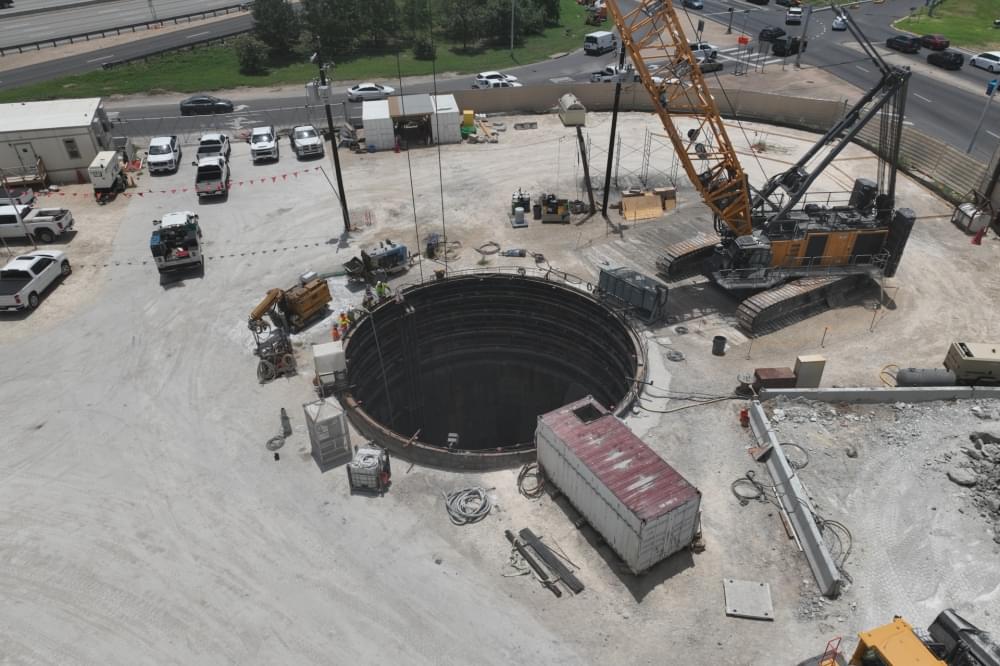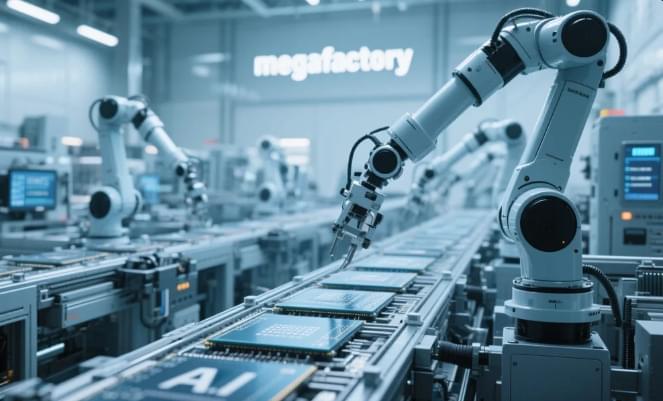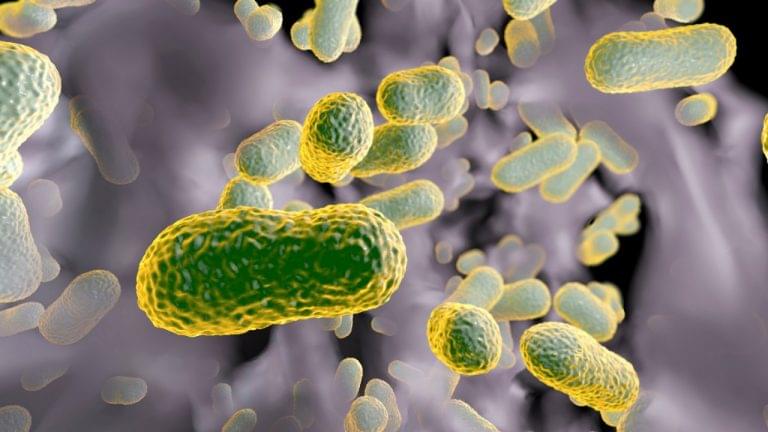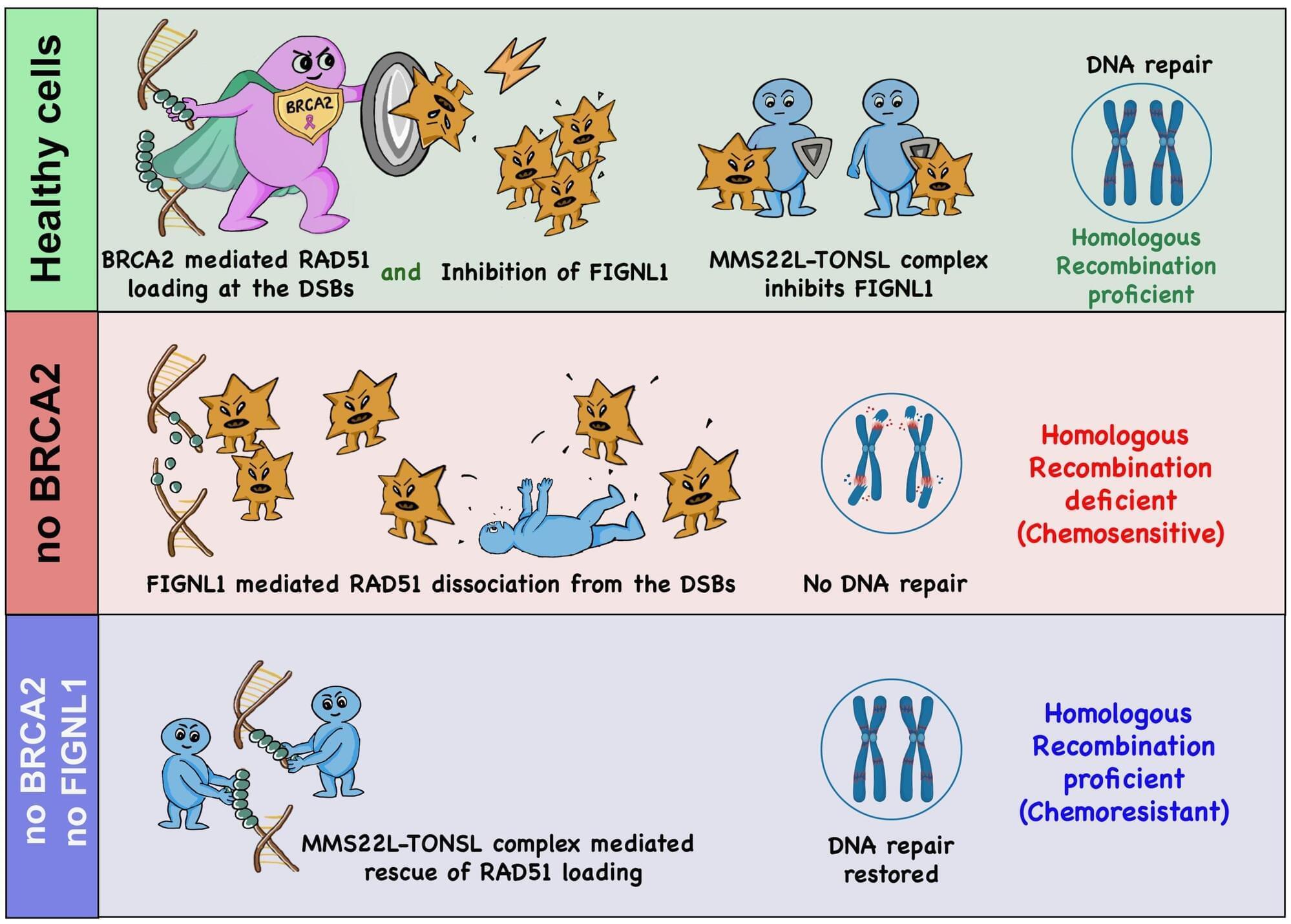From the article:
“We have demonstrated that it is impossible to describe all aspects of physical reality using a computational theory of quantum gravity,” says Dr. Faizal. “Therefore, no physically complete and consistent theory of everything can be derived from computation alone. Rather, it requires a non-algorithmic understanding, which is more fundamental than the computational laws of quantum gravity and therefore more fundamental than spacetime itself.”
It’s a plot device beloved by science fiction: our entire universe might be a simulation running on some advanced civilization’s supercomputer. But new research from UBC Okanagan has mathematically proven this isn’t just unlikely—it’s impossible.
Dr. Mir Faizal, Adjunct Professor with UBC Okanagan’s Irving K. Barber Faculty of Science, and his international colleagues, Drs. Lawrence M. Krauss, Arshid Shabir and Francesco Marino have shown that the fundamental nature of reality operates in a way that no computer could ever simulate.
Their findings, published in the Journal of Holography Applications in Physics, go beyond simply suggesting that we’re not living in a simulated world like The Matrix. They prove something far more profound: the universe is built on a type of understanding that exists beyond the reach of any algorithm.







